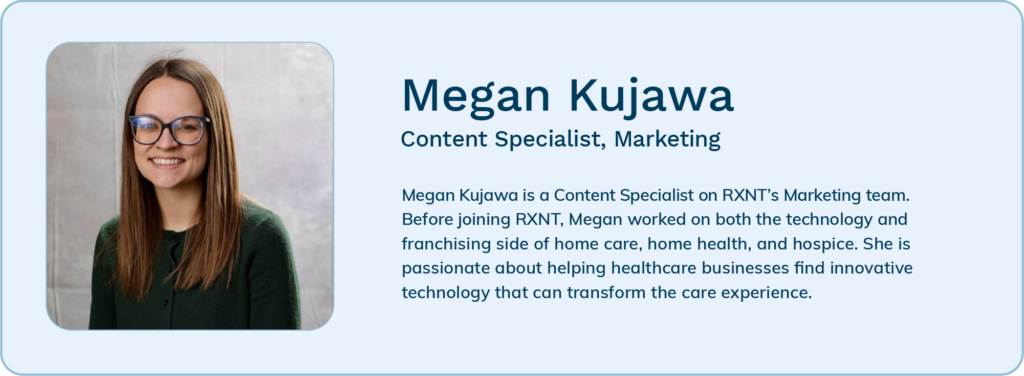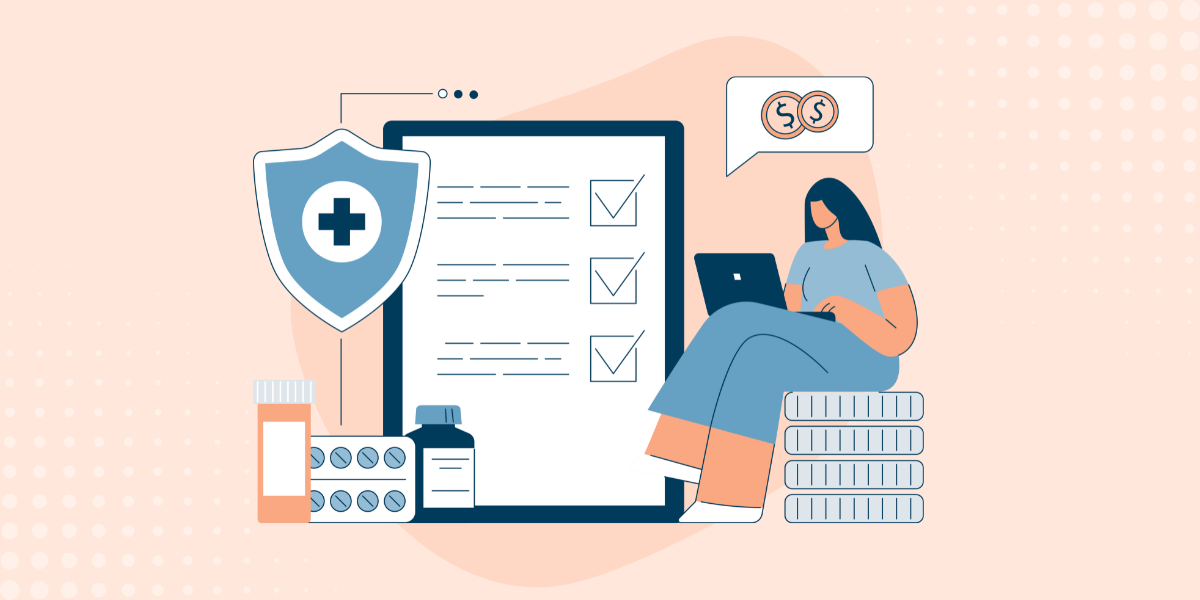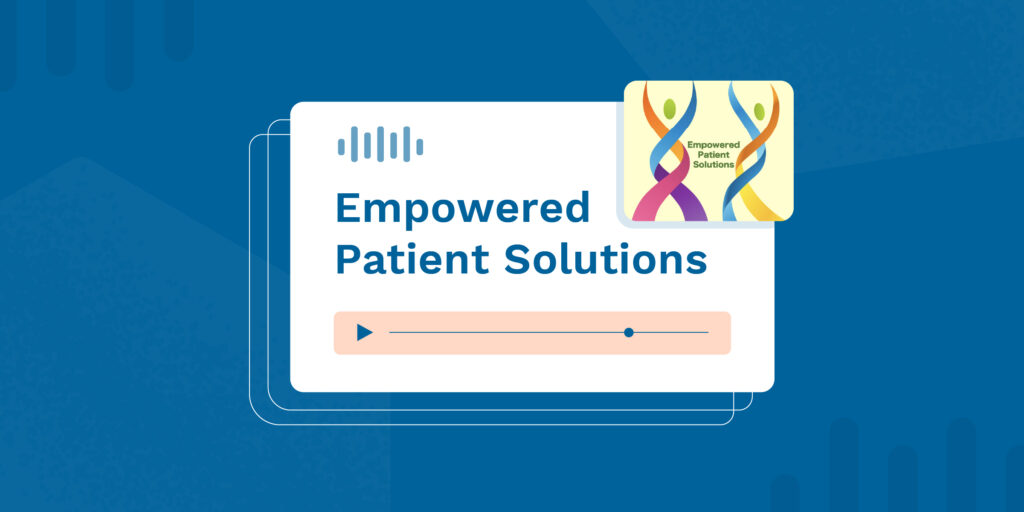CDS enhances decision-making and helps healthcare professionals deliver better outcomes with greater confidence.
Picture a provider reviewing a patient’s chart moments before a busy afternoon of appointments. Suddenly, a blinking alert appears to flag a potential drug interaction that could have been missed. In that instant, clinical decision support (CDS) becomes more than a digital feature. It becomes a tool for safer, more informed care.
In today’s complex healthcare environment, providers need timely, relevant information to make sound clinical choices. That’s where CDS comes in. CDS enhances decision-making and helps healthcare professionals deliver better outcomes with greater confidence.
Understanding the Role of Clinical Decision Support
CDS refers to tools that enhance clinical workflows by offering real-time insights and recommendations. These tools are embedded within electronic health record (EHR) systems to assist with decision-making at the point of care.
The most common form of CDS is knowledge-based CDS, which uses curated clinical knowledge. They include familiar features like drug interaction checkers, order sets, diagnostic prompts, and alerts. For example, a reminder to screen for colorectal cancer in a patient over 50 is a classic knowledge-based CDS function.
The Benefits of Using CDS in Your Practice
When integrated effectively, CDS offers significant benefits for providers and patients, including:
- Improved patient outcomes: CDS delivers up-to-date clinical guidelines so providers can make informed treatment decisions. Surfacing relevant data at the point of care supports earlier interventions, better disease management, and more personalized care plans.
- Increased efficiency and lower costs: CDS reduces manual workload and administrative friction by automating parts of the clinical workflow. It can be used to identify appropriate lab tests and duplicate orders. This leads to faster decision-making and more efficient use of resources.
- Fewer errors and enhanced safety: CDS improves clinical safety by preventing adverse drug interactions and catching overlooked diagnoses, among other outcomes. It reduces reliance on memory or outdated resources by offering real-time, evidence-based insights.
- Timely, relevant information: CDS presents information tailored to the patient’s unique profile. It brings the right data to the forefront, exactly when it’s needed. This data can be used to guide medication prescribing or suggest preventive screenings.
How RXNT Delivers Clinical Decision Support That Works
At RXNT, we’ve built clinical decision support into our EHR solution to enhance your team’s decision-making without slowing them down. The system offers eight standard CDS rules that are automatically applied, as well as the flexibility to build custom rules tailored to your specific clinical workflows.
Alerts appear as a flashing light bulb icon at the top of the patient chart (clearly visible but only triggered when relevant). This ensures that providers are not overwhelmed by unnecessary messages and can focus on what matters.
Each alert includes a detailed description, rationale, and references section so providers can understand the “why” behind each recommendation. These tools help reinforce clinical confidence and provide documentation support for decision-making.
Standard CDS rules in RXNT address areas like:
- Preventive care (e.g., flu vaccines, cancer screenings)
- Medication safety (e.g., allergy alerts, duplicate therapies)
- Chronic condition monitoring (e.g., A1C testing for diabetic patients)
By surfacing evidence-based recommendations at the right time, RXNT empowers providers to deliver smarter, safer care without disruption. With CDS integrated directly into the EHR, RXNT helps providers reduce clinical errors, improve care quality, and stay aligned with the latest guidelines — all without adding extra steps to their workflow.
The built-in alerts can support audit readiness and compliance with quality initiatives like MIPS (Merit-based Incentive Payment System) or HEDIS (Healthcare Effectiveness Data and Information Set). Plus, the ability to tailor rules means organizations can reflect internal protocols or adapt to evolving care standards. RXNT’s CDS tools enhance patient outcomes while saving time and reducing clinicians’ cognitive burden. The result is better patient care and stronger decision-making by providers.
Make the Most of CDS With RXNT
As healthcare continues to evolve, the need for real-time clinical insights is greater than ever. Clinical decision support improves how providers work and how patients are cared for.
RXNT’s CDS capabilities are designed to help your practice reduce risk, streamline care, and ensure that every patient encounter is supported by trusted, evidence-based guidance.
Ready to see how RXNT can elevate decision-making in your practice? Connect with our team today.





